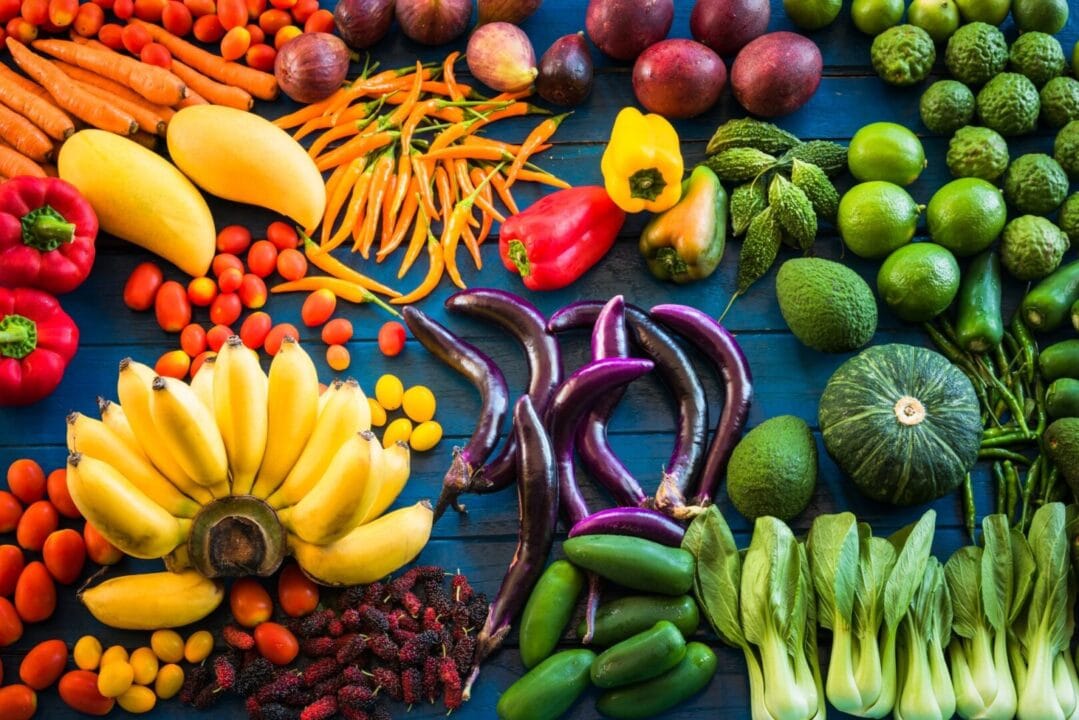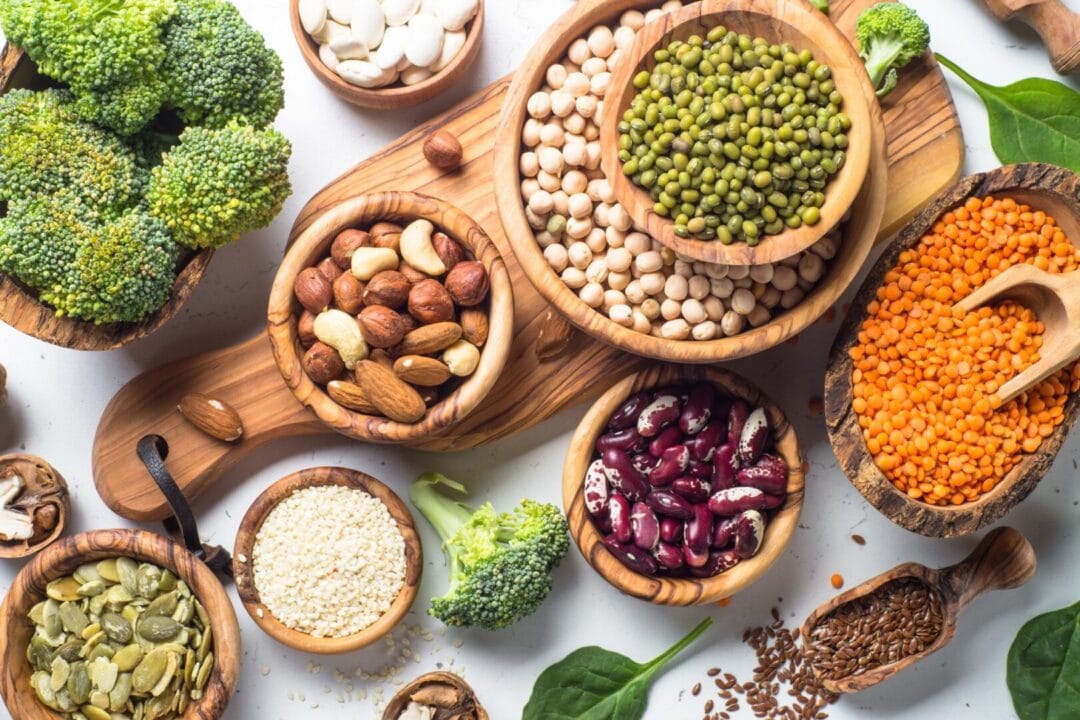Ever thought of going meat free for just one day a week or is that too much to ask for? Meatless Monday is actually an international campaign encouraging us to not eat meat on Mondays to improve our health and also the health of the planet. Going meat free can be just avoiding meat for the day or you can up the ante and try to avoid all animal by-products for the day as well. Whatever you feel comfortable with, go for it.
Here are some great reasons why you should try going meat free once a week!
Heart healthy
Did you know that animal products such as meat and dairy contain high amounts of saturated fats, compared to plant-based foods that are usually low in fat or contain unsaturated fats? Unsaturated fats help to lower your LDL (Low Density Lipoprotein, bad cholesterol) levels whereas studies have shown that people who ate a high amount of saturated fats had heart disease or are at risk of heart problems. Great sources of unsaturated fats include avocados, olive oil, vegetable oils, nuts and seeds.

Lower cancer risk
Cancer is a complex disease and there are many genetic and environmental factors that affect your risk. However, there have been studies that have found that high consumption of red meat increases a person’s colon cancer risk by 28 percent and high consumption of processed meat increased the risk by 20 percent! In order to lower your risk of colon cancer, it is advisable to consume more fruits, vegetables, and whole grains.

Protein-packed
If you’re worried about your protein intake on a meatless diet, stop right there. There are plenty of plant based protein sources. Legumes (beans and lentils), nuts, and tofu are great sources of protein and there are also plan-based protein powders on the market. Chickpeas are high in protein and can be added to stews, curries or seasoned with paprika and roasted in the oven. Hummus is made from chickpea paste and makes for a lovely spread on toast or a great dip for vegetables.

Environmentally friendly
Did you know that meat production produces more greenhouse gases compared to the production of vegetables? Greenhouse gases include carbon dioxide, methane and nitrous oxide, all of which results in the greenhouse effect or global warming. Beef was found to produce 30 kilograms of greenhouse gas per kilogram of food.
As compared to carrots, potatoes and rice which produce 0.42, 0.45 and 1.3 kilograms of greenhouse gas per kilogram of food, respectively, lowering your intake of meat could also lower the amount of greenhouse gases emitted.

It’s just one day a week
You don’t have to confine yourself to just eating salads for one whole day. Besides, it’s just one day a week and it could spice up your diet plans. See going vegetarian for a day as a day to stuff your diet full of nutrient-rich fruits, vegetables and whole grains. In addition to enriching your diet, you are also influencing the younger generation to not shun fruits and vegetables while eating healthier.

If eating out feels like it’ll be difficult, whip something up at home and this is even healthier because you can see every single ingredient going into your meal. Check out www.meatlessmonday.com/favorite-recipes/ for recipe ideas!
References: Medical News Today; Medium.










